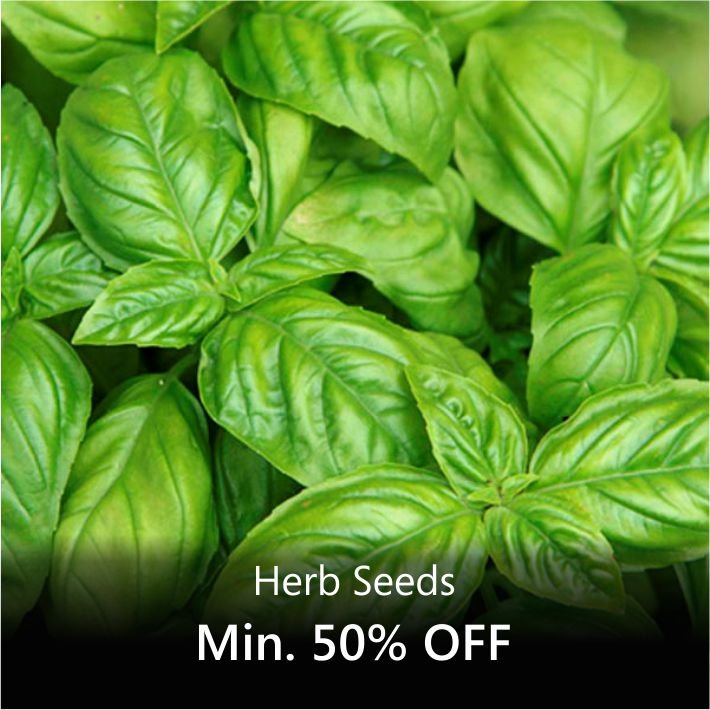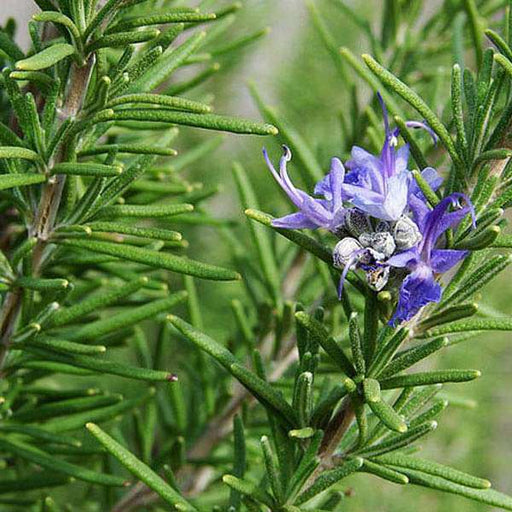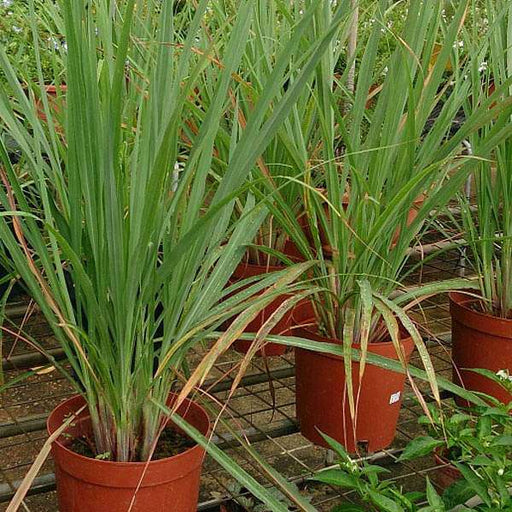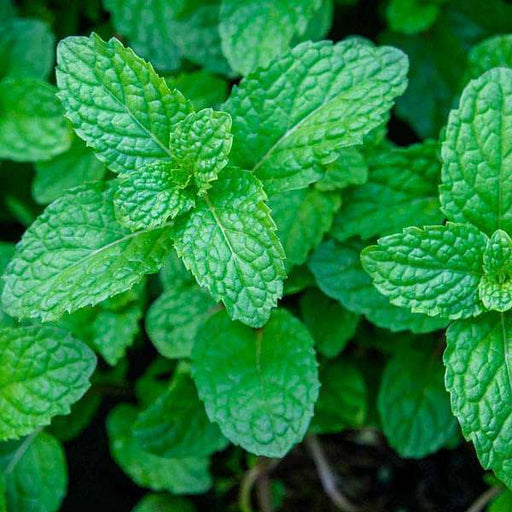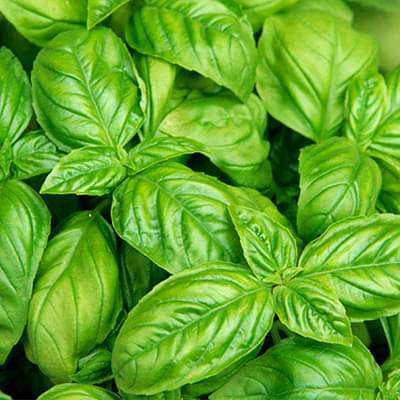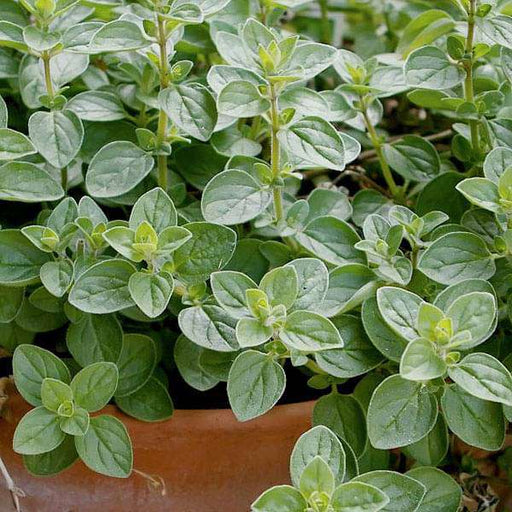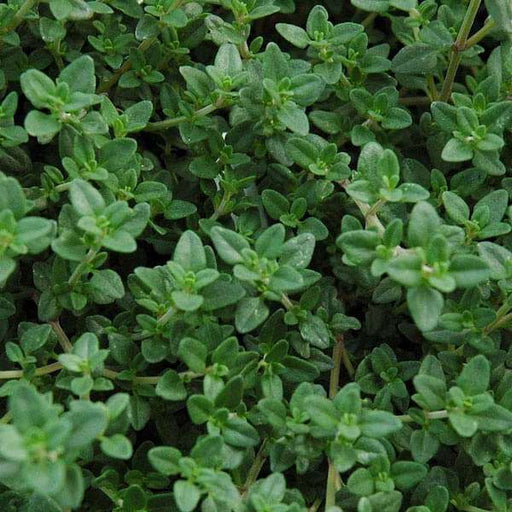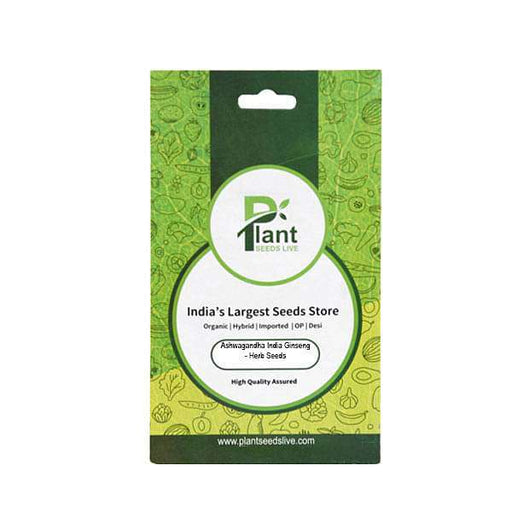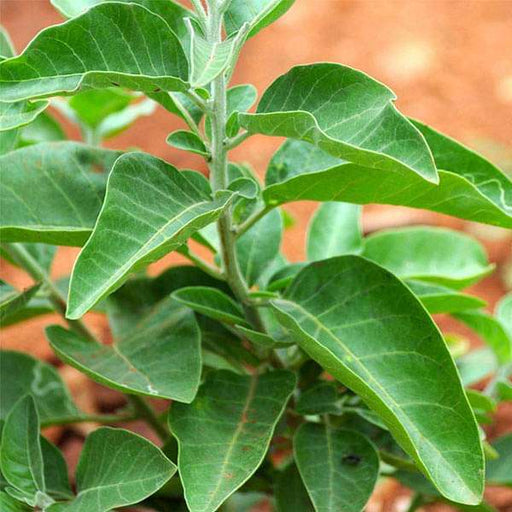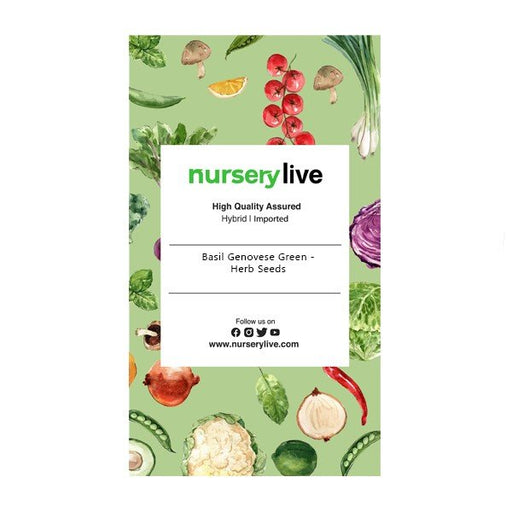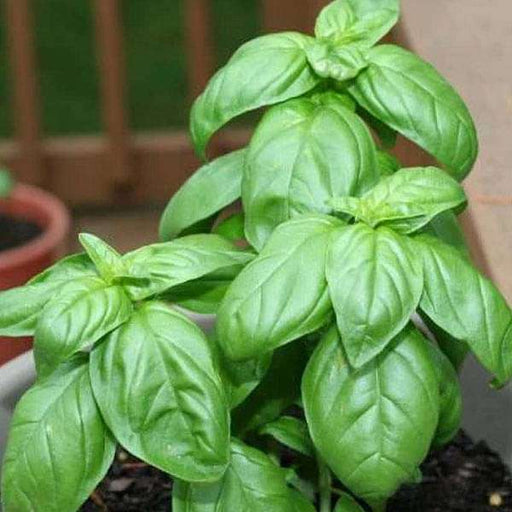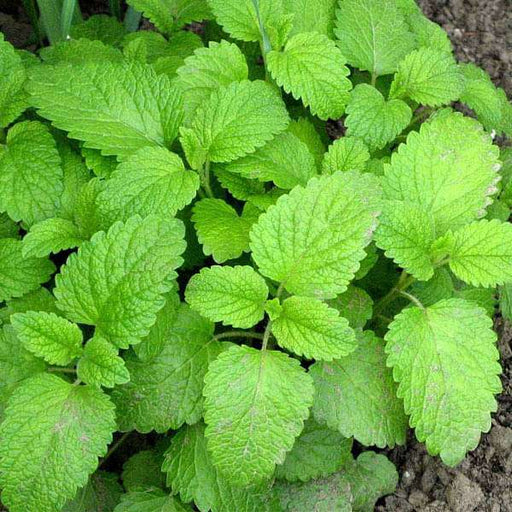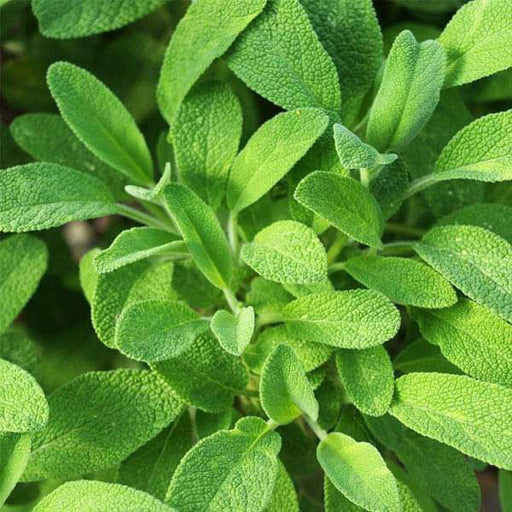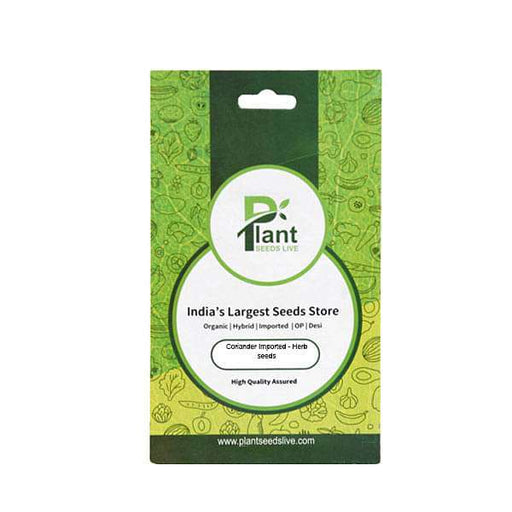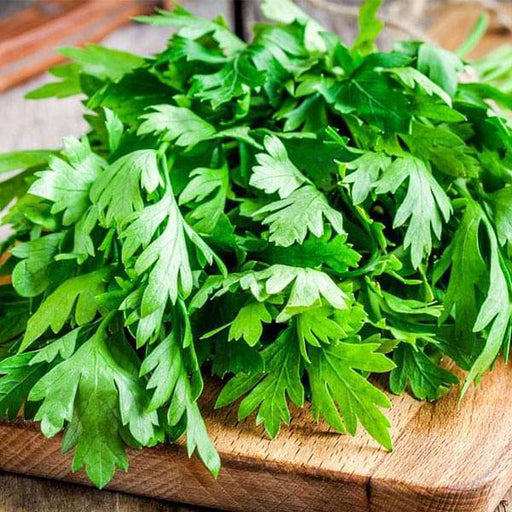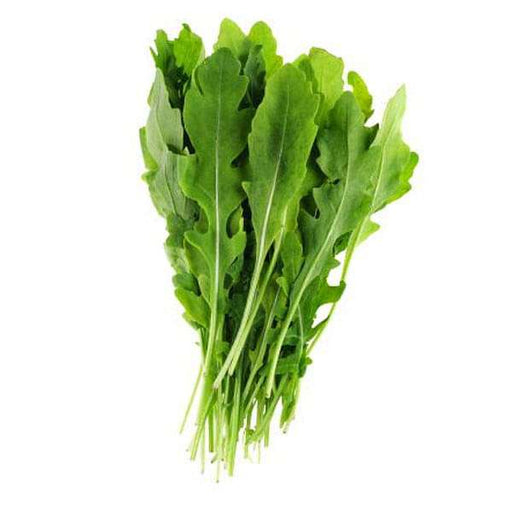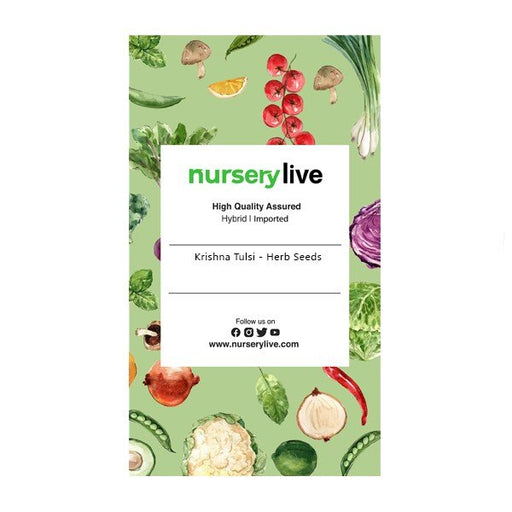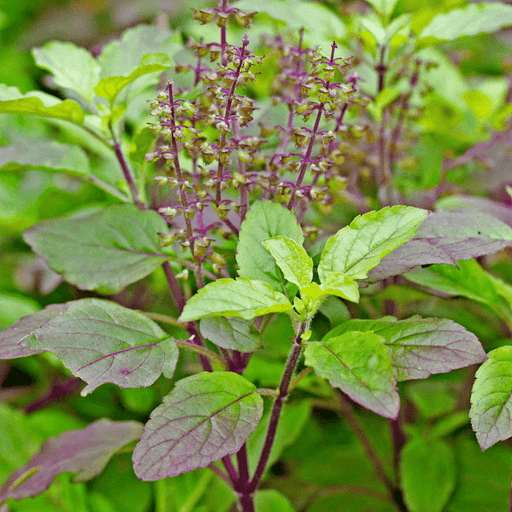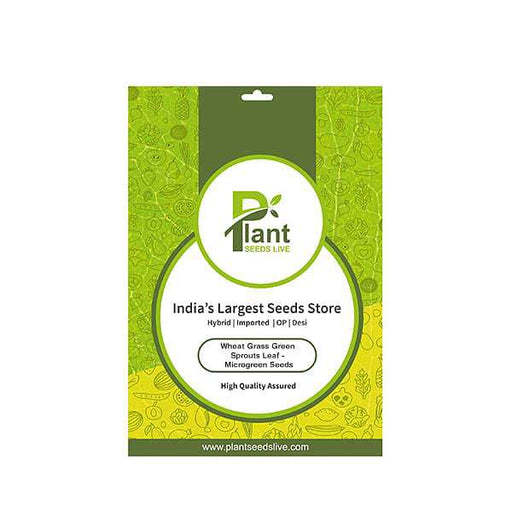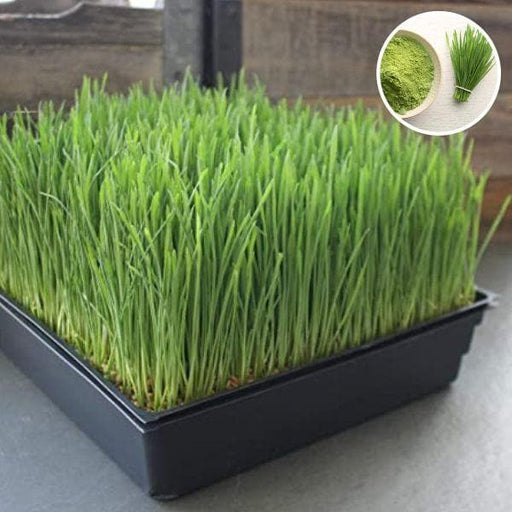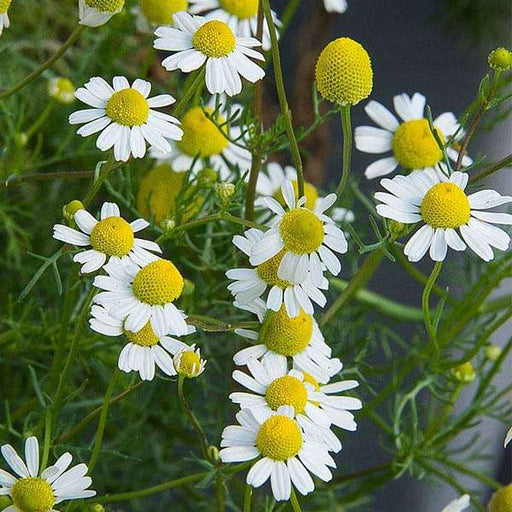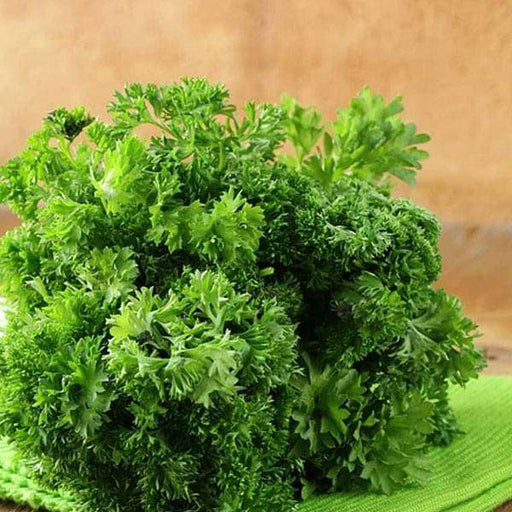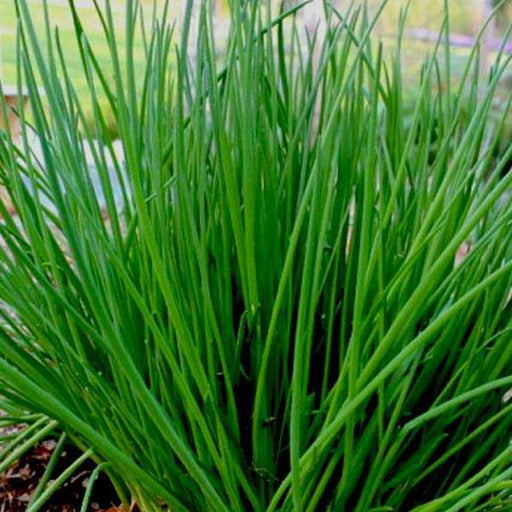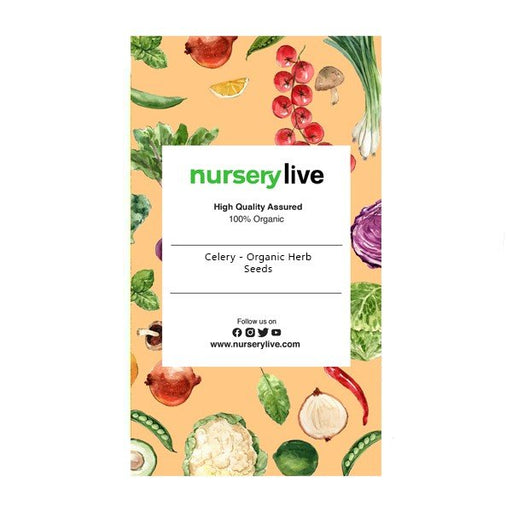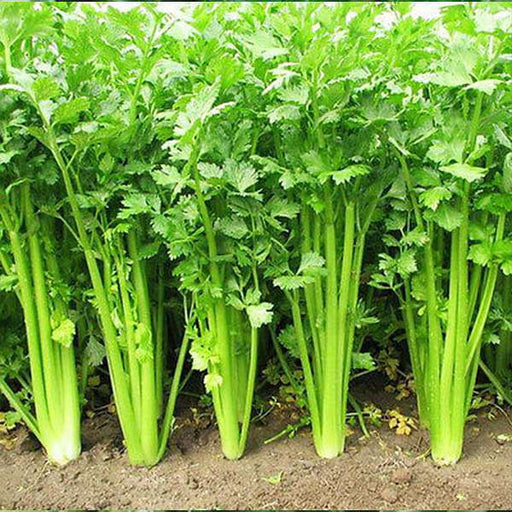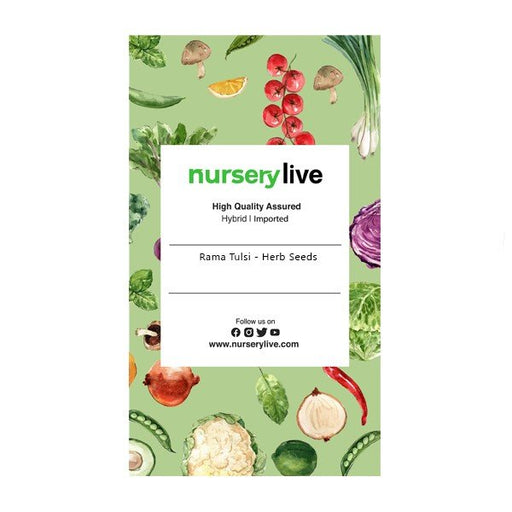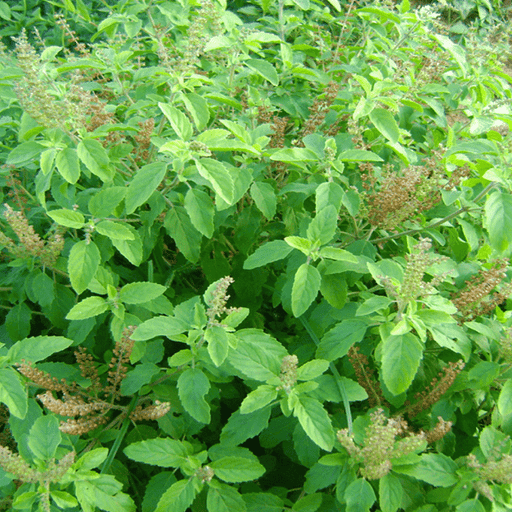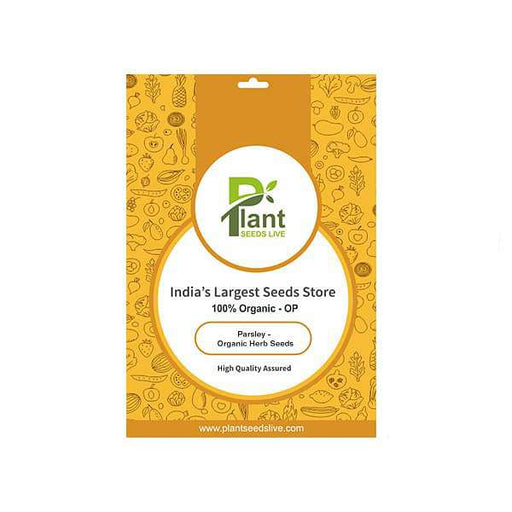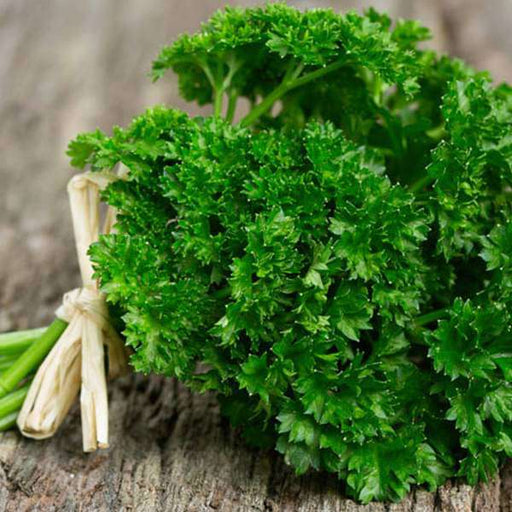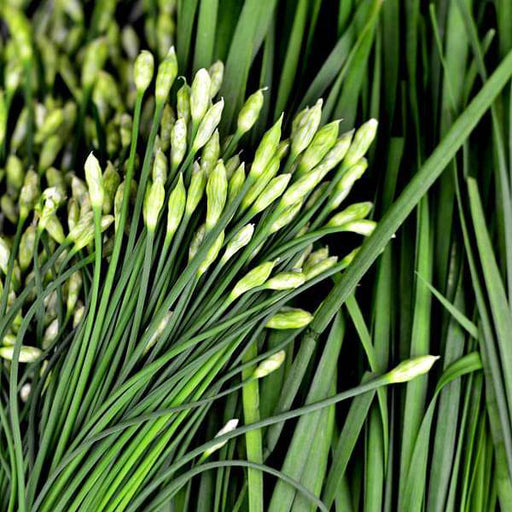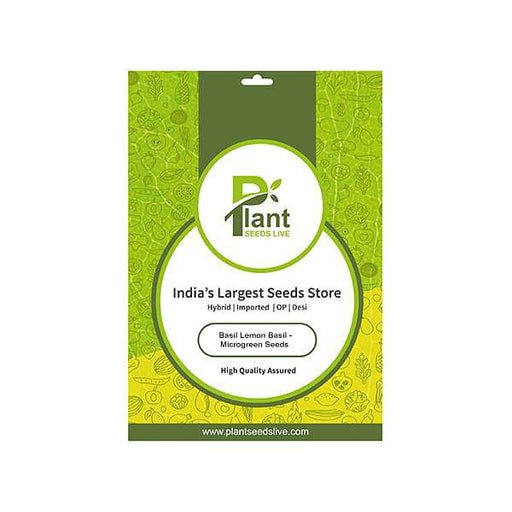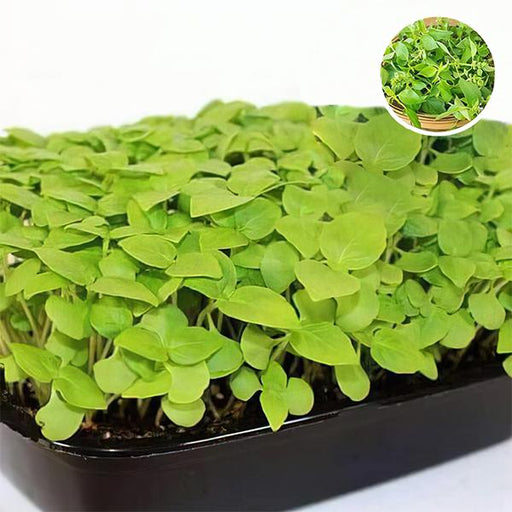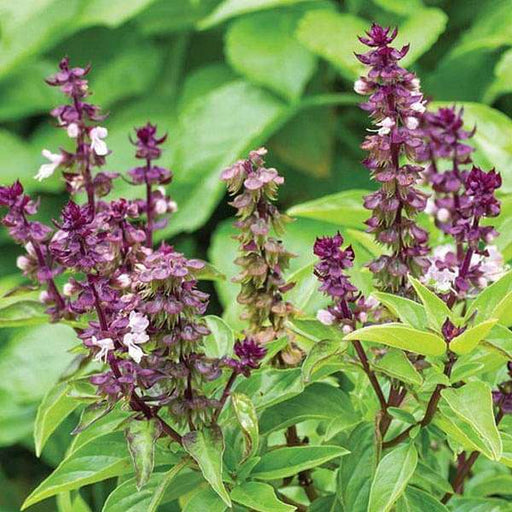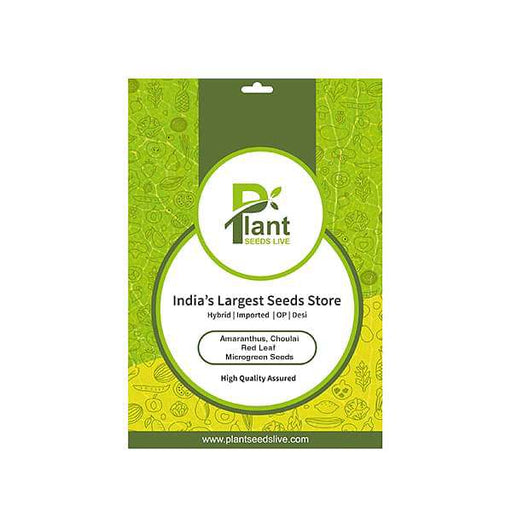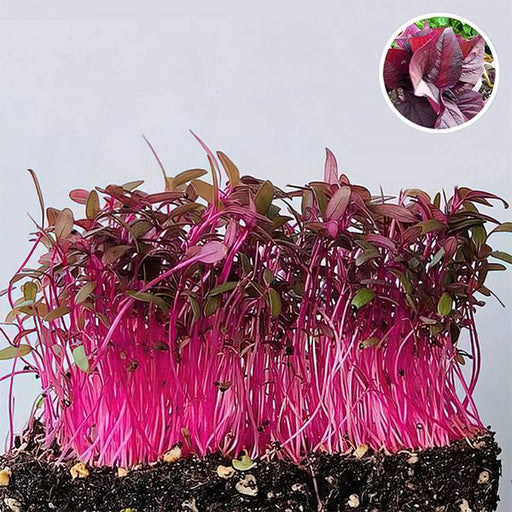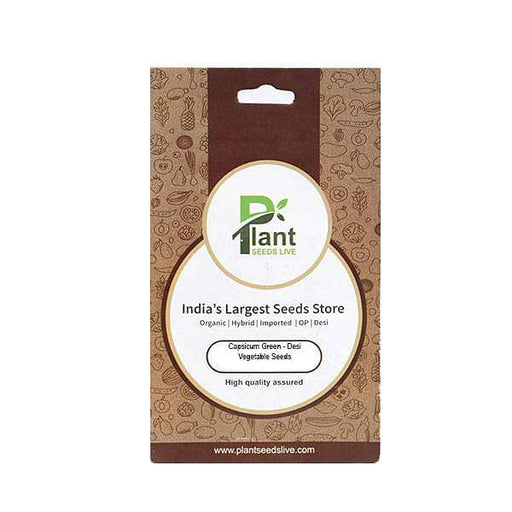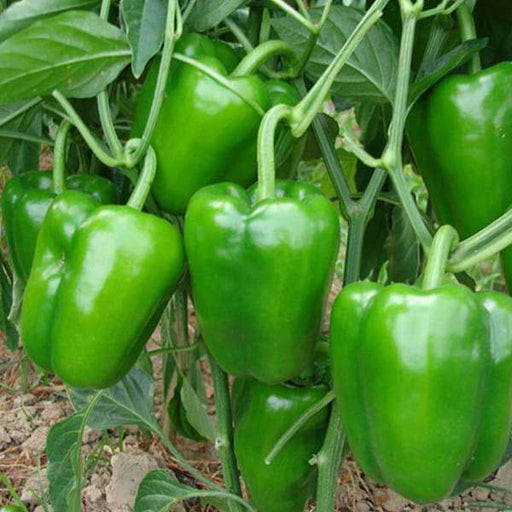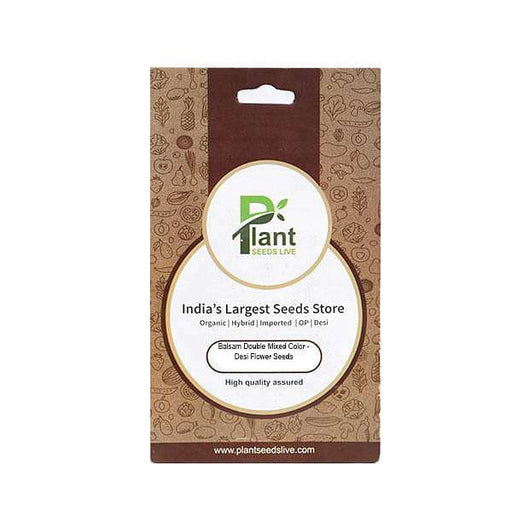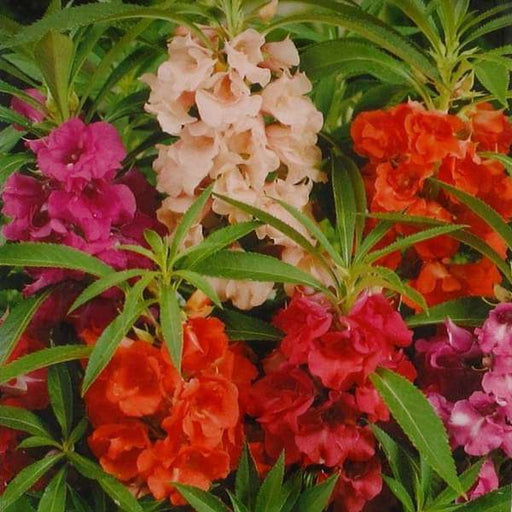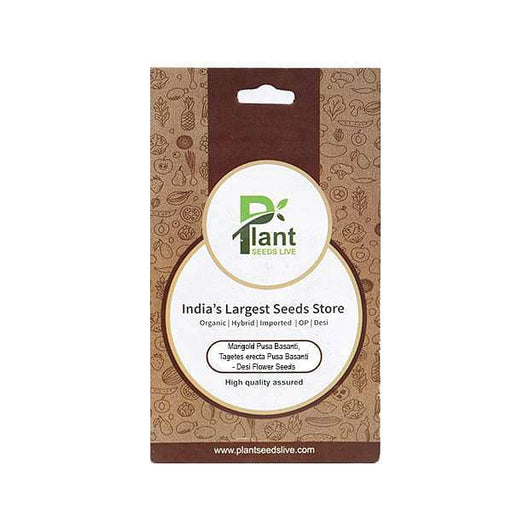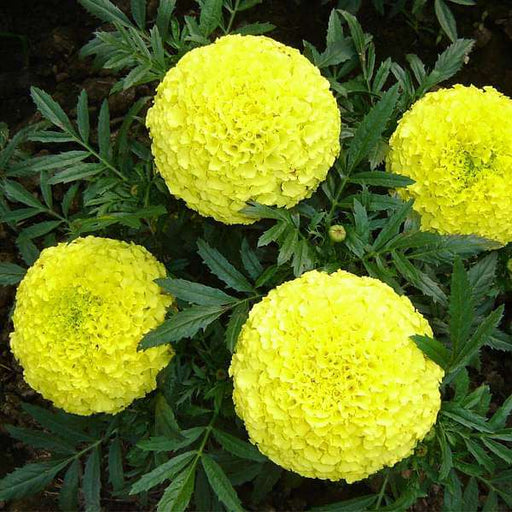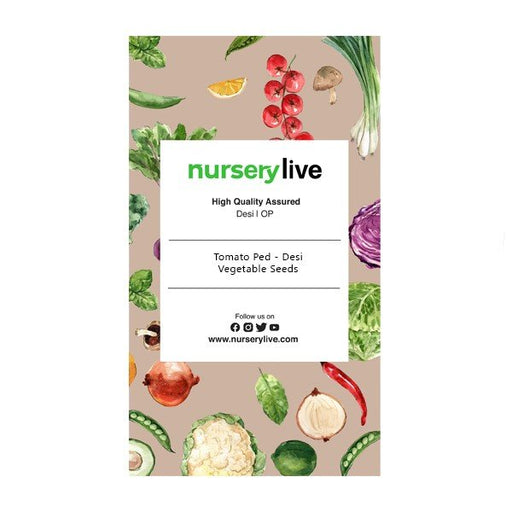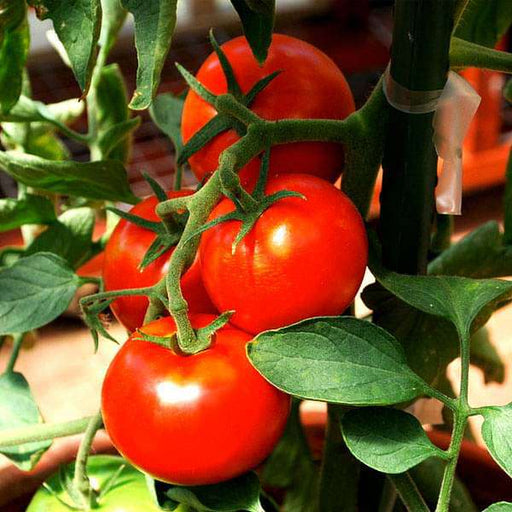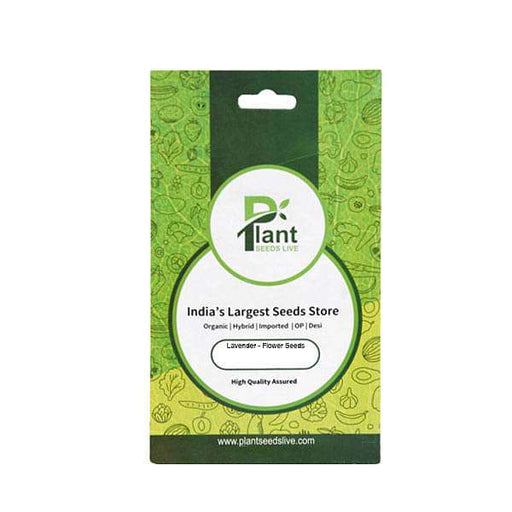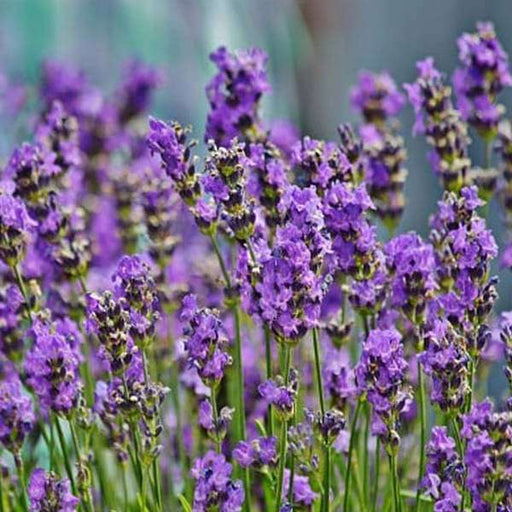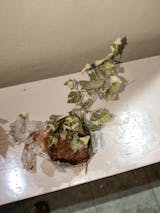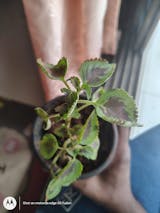Basil Seeds
Basil is a fragrant and delicious herb that's great for cooking and adding to salads. Find the best basil seeds for your garden with NurseryLive.
Mint Seeds
Mint is a refreshing and versatile herb that's great for adding to drinks and desserts. Find the perfect mint seeds for your garden with NurseryLive.
Thyme Seeds
Thyme is a flavorful and aromatic herb that's great for seasoning meats and vegetables. Find the best thyme seeds for your garden with NurseryLive.
Oregano Seeds
Oregano is a pungent and flavorful herb that's great for seasoning Italian dishes. Find the perfect oregano seeds for your garden with NurseryLive.
Sage Seeds
Sage is a strong and earthy herb that's great for seasoning poultry and stuffing. Find the best sage seeds for your garden with NurseryLive.
Rosemary Seeds
Rosemary is a fragrant and woody herb that's great for seasoning meats and potatoes. Find the perfect rosemary seeds for your garden with NurseryLive.
Dill Seeds
Dill is a tangy and fresh herb that's great for seasoning fish and pickles. Find the best dill seeds for your garden with NurseryLive.
Parsley Seeds
Parsley is a mild and versatile herb that's great for garnishing dishes and adding to soups. Find the perfect parsley seeds for your garden with NurseryLive.
Chives Seeds
Chives are a mild and onion-like herb that's great for adding to salads and soups. Find the best chives seeds for your garden with NurseryLive.
Coriander Seeds
Coriander is a citrusy and flavorful herb that's great for seasoning curries and chutneys. Find the perfect coriander seeds for your garden with NurseryLive.
Cilantro Seeds
Cilantro is a pungent and flavorful herb that's great for seasoning Mexican and Asian dishes. Find the best cilantro seeds for your garden with NurseryLive.
Lemon Balm Seeds
Lemon balm is a refreshing and citrusy herb that's great for adding to teas and desserts. Find the perfect lemon balm seeds for your garden with NurseryLive.
Fennel Seeds
Fennel is a sweet and anise-flavored herb that's great for seasoning fish and sausage. Find the best fennel seeds for your garden with NurseryLive.
Bay Leaves Seeds
Bay leaves are a pungent and aromatic herb that's great for seasoning soups and stews. Find the perfect bay leaves seeds for your garden with NurseryLive.
Marjoram Seeds
Marjoram is a mild and sweet herb that's great for seasoning meats and vegetables. Find the best marjoram seeds for your garden with NurseryLive.
Lavender Seeds
Lavender is a fragrant and calming herb that's great for adding to teas and desserts. Find the perfect lavender seeds for your garden with NurseryLive.
Lemongrass Seeds
Lemongrass is a citrusy and aromatic herb that's great for seasoning Asian dishes and teas. Find the best lemongrass seeds for your garden with NurseryLive.
Tarragon Seeds
Tarragon is a sweet and anise-flavored herb that's great for seasoning poultry and fish. Find the perfect tarragon seeds for your garden with NurseryLive.
Stevia Seeds
Stevia is a natural and calorie-free sweetener that's great for adding to teas and desserts. Find the best stevia seeds for your garden with NurseryLive.
Chamomile Seeds
Chamomile is a soothing and calming herb that's great for adding to teas and tinctures. Find the perfect chamomile seeds for your garden with NurseryLive.

